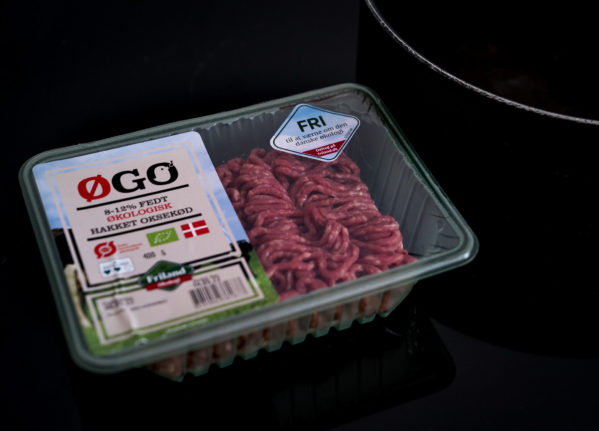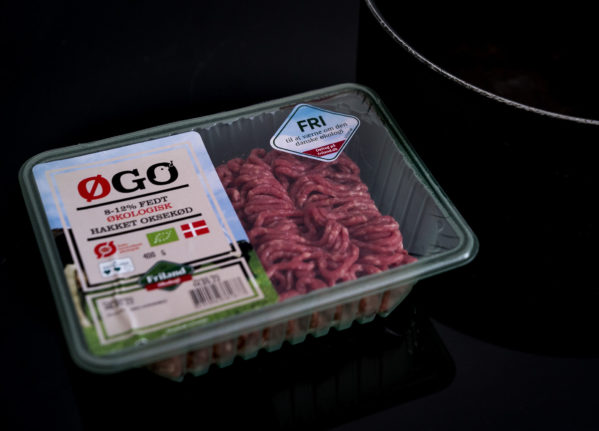Consumers have chosen to deprioritise organic meat in particular, according to an overview of products published by Statistics Denmark on Tuesday.
Sales of organic beef, pork and chicken fell in 2022 by 20, 26 and 27 percent respectively.
Overall sales of organic food fell by 3 percent last year in comparison to 2021.
Inflation is key in explaining the trend, economist Brian Friis Helmer of Arbejdernes Landsbank told news wire Ritzau.
“Past studies have shown that price is the most important parameter when consumers shop, while things like organic come further down the list,” he said.
“And something like meat in particular went up in price last year, so when consumers need to make savings it’s likely to be with products like these,” he said.
The trend is likely to continue this year, the economist also said.
“You can easily imagine some of the trend continuing in 2023. We can see that inflation is still high even though it’s fallen back a little bit. So there’s still a decline in real wages,” he said.
“We expect that when we get through the worst period of inflation, we will see organic food sales start to come back – maybe in 2024.”



 Please whitelist us to continue reading.
Please whitelist us to continue reading.
Member comments